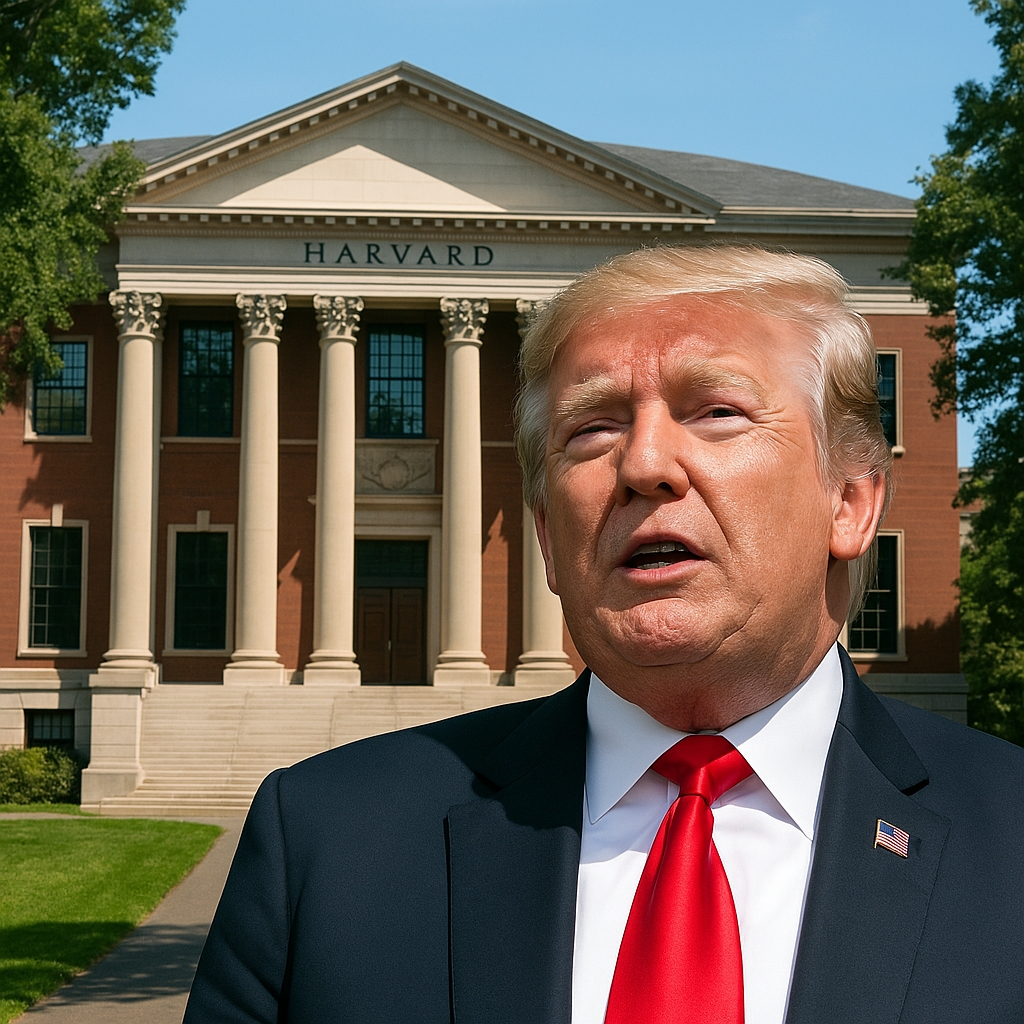Harvard President Alan Garber Acknowledges Lack of Conservative Voices on Campus Amid Federal Scrutiny

Accra, Ghana – May 28, 2025
From an outside perspective, the internal ideological battles within American academia have long sparked debate, but recent developments at Harvard University have put the issue squarely in the spotlight. The esteemed Ivy League institution, often seen as a global standard for academic excellence, finds itself entangled in a fierce dispute over viewpoint diversity particularly the underrepresentation of conservative voices.
Harvard President Alan Garber recently admitted that the university must confront this issue head-on. In an interview with NPR, he acknowledged that faculty and students alike often feel reluctant to voice conservative opinions. “We think it’s a real problem if particularly at a research university students don’t feel free to speak their minds, when faculty feel that they have to think twice before they talk about the subjects that they’re teaching,” Garber stated. His comments add to the growing concerns that elite institutions may be leaning toward ideological exclusivity rather than fostering the rich debate that fuels intellectual progress.
Federal Intervention Sparks Controversy
The situation is further complicated by the U.S. government's involvement. The Trump administration has frozen approximately $3.2 billion in federal grants and contracts, citing concerns about antisemitism and viewpoint discrimination on campus. This unprecedented move has escalated tensions between the university and federal authorities, adding a political dimension to an already charged debate.
More than just financial restrictions, the administration attempted to revoke Harvard’s ability to enroll international students—an action that was temporarily blocked by a federal judge. The Department of Homeland Security has since demanded detailed records of Harvard’s international student population, raising alarms about the broader implications of government interference in academia.
Garber has fiercely pushed back against these measures, questioning their impact on national scientific progress. “Why cut off research funding? Sure, it hurts Harvard, but it hurts the country because after all, the research funding is not a gift,” he emphasized, arguing that the funds directly contribute to high-priority scientific advancements designated by the federal government.
Global Lessons and the Future of Academic Freedom
For those observing from Ghana and beyond, this clash between academic freedom and government intervention raises pertinent questions. Universities across the world including those in Africa face their own struggles balancing ideological diversity, government influence, and institutional independence. Harvard’s ordeal may serve as a cautionary tale, reminding institutions everywhere of the delicate balance required to safeguard free expression while navigating political pressures.
As Harvard fights to maintain its autonomy, the debate over viewpoint diversity and federal intervention in academia will continue to shape discourse within American higher education. Whether the institution can successfully address concerns over ideological representation while maintaining its independence remains an open question one with implications far beyond U.S. borders.



0 Comments
No comments yet, be the first to comment